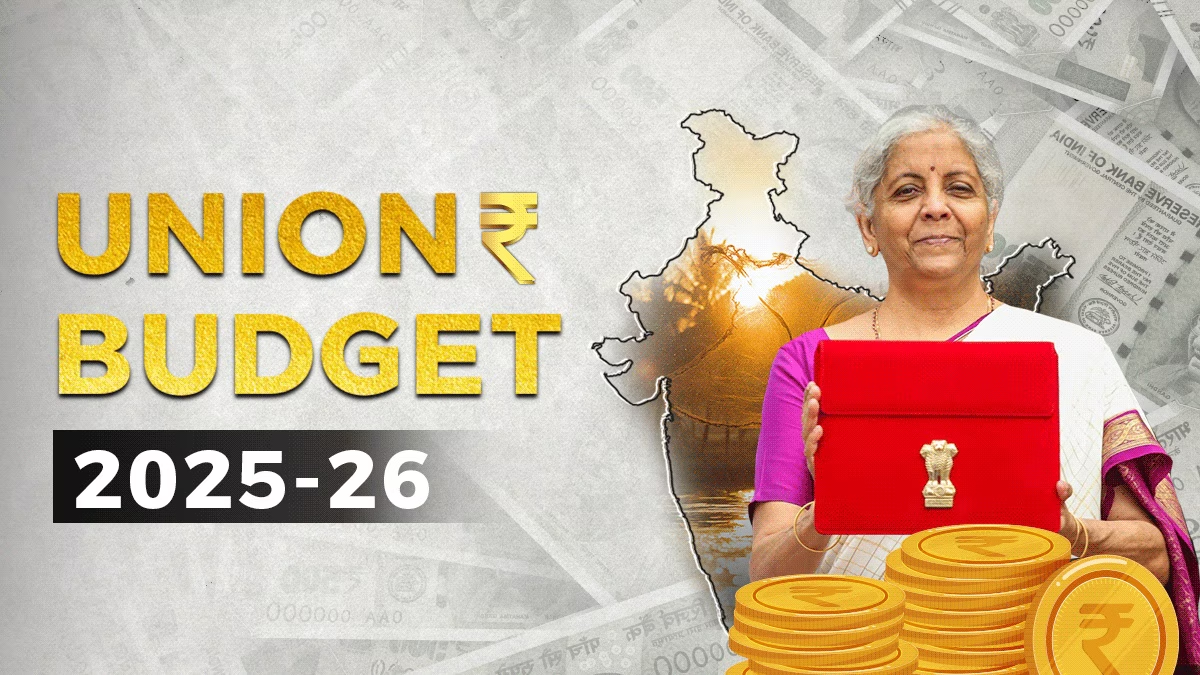In an era where innovation is the backbone of economic progress, the Union Budget 2025-26 stands as a testament to India’s commitment to scientific research and technological advancement. With Finance Minister Nirmala Sitharaman announcing an unprecedented ₹20,000 crore outlay for Research, Development, and Innovation (RDI), India is poised to accelerate its journey towards becoming a global leader in scientific exploration.
For decades, Indian researchers have grappled with limited funding, bureaucratic hurdles, and a lack of seamless industry-academia collaboration. But this budget sends a clear message—science and technology are no longer on the sidelines of economic planning; they are at its core.
A Science-First Approach to Growth
The Deep Tech Fund of Funds, announced in this budget, is set to nurture India’s next-generation start-ups working in areas like artificial intelligence, semiconductors, and quantum computing. This initiative aligns with global trends where governments are doubling down on deep tech investments, recognizing their potential to redefine industries.
Moreover, the launch of the National Geospatial Mission with a ₹100 crore allocation reflects India’s push toward data-driven governance. This mission will modernize land records, bolster urban planning, and enhance infrastructure design through the use of cutting-edge Geographic Information System (GIS) technology. Experts believe that such an initiative is critical, especially in the wake of rapid urbanization and climate-related challenges.
Powering Research Through Fellowship and Institutional Support
The budget has also prioritized fostering homegrown research talent. The expansion of the Prime Minister’s Research Fellowship to support 10,000 scholars over the next five years is a significant step toward strengthening India’s research ecosystem. By channeling funds to the Indian Institutes of Technology (IITs) and the Indian Institute of Science (IISc), the government aims to create an enabling environment for world-class research.
In a notable move, the allocation for the Department of Science and Technology (DST) has surged to ₹23,290 crore for 2025-26—an extraordinary leap from previous years. The Vigyan Dhara scheme, designed to promote research and capacity building, has received a remarkable boost, reflecting the government’s focus on empowering scientists and researchers.
However, not all scientific institutions have seen increased funding. The Science and Engineering Research Board (SERB) has witnessed a dip in allocation, dropping from ₹803 crore in 2024-25 to ₹693 crore in 2025-26. This reduction raises concerns about the continuity of fundamental research, which forms the bedrock of applied innovations.
Industry-Academia Synergy: The Future of Indian Innovation
The Council of Scientific and Industrial Research (CSIR), India’s premier research organization, has been allocated ₹6,600 crore, a modest increase from last year’s estimates. Meanwhile, the Biotechnology Research Innovation and Entrepreneurship Development (Bio-RIDE) scheme under the Department of Biotechnology (DBT) has received a substantial ₹2,300 crore, underscoring the government’s intent to integrate industrial growth with cutting-edge biological research.
This strategic allocation signals a shift towards industry-academia synergy, where research breakthroughs are not just theoretical exercises but directly contribute to India’s manufacturing and technological prowess.
The Road Ahead: India’s Scientific Aspirations Take Flight
The ₹50,000 crore National Research Foundation (NRF), an ambitious project designed to transform India’s research landscape, has maintained a steady allocation of ₹2,000 crore. While this signals continuity, there is a need for faster disbursal and effective utilization of funds to ensure tangible outcomes.
For India to emerge as a scientific powerhouse, the success of these initiatives will depend not just on budgetary outlays but also on their efficient implementation. Reducing red tape, fostering interdisciplinary collaboration, and ensuring global partnerships will be key to translating financial investments into groundbreaking discoveries.
This budget sets the stage for a new era in Indian science—one where research is not merely supported but celebrated as a cornerstone of national progress. Whether it’s AI-driven healthcare, quantum-enabled cybersecurity, or bioengineering breakthroughs, India is now firmly on the path to scientific self-reliance.
As we move forward, the real test will be in execution. The world is watching—will India deliver on its bold scientific vision?
Reference: As available across the web.



